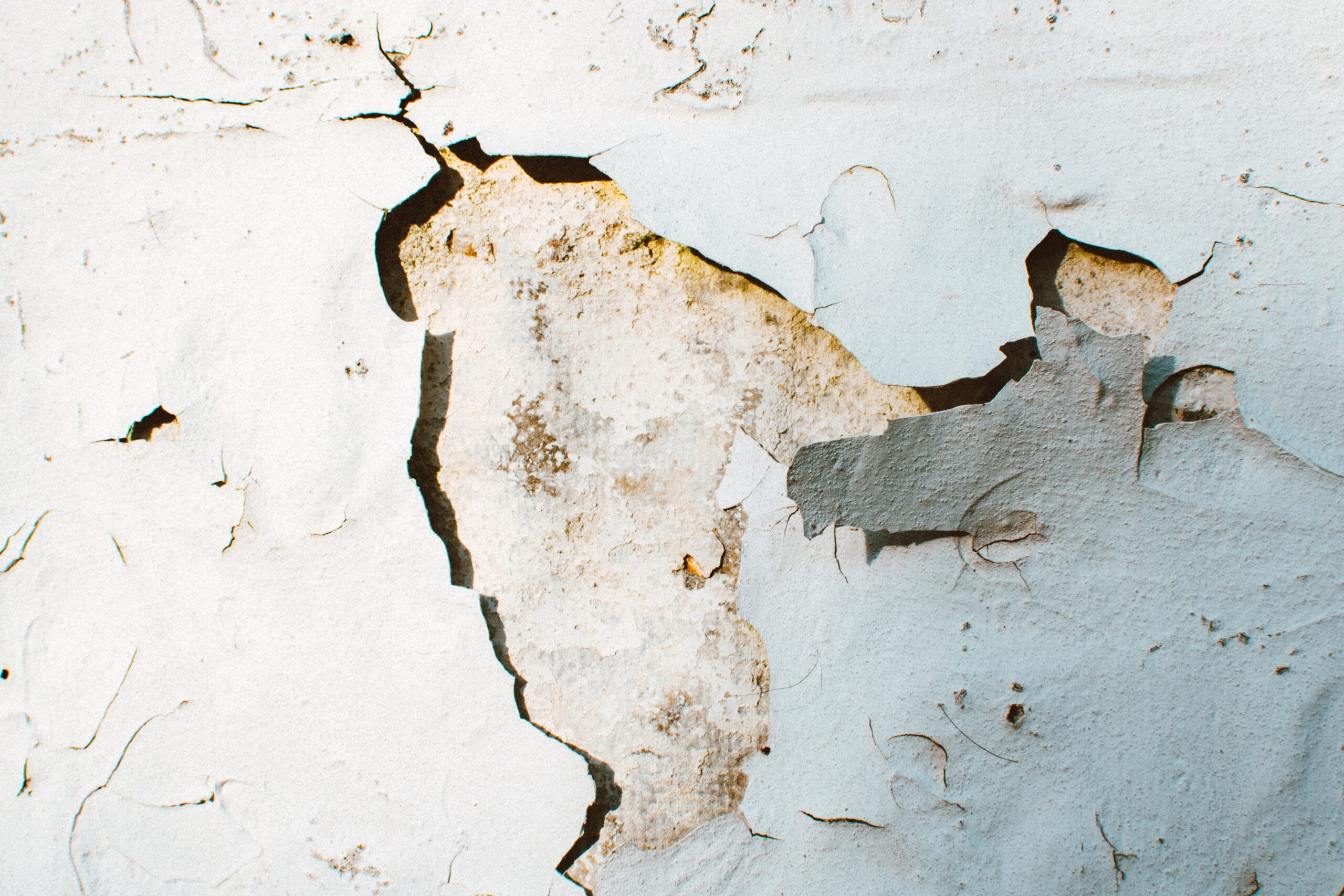Finding cracks outside your home’s foundation can be quite concerning, mainly because the foundation walls are responsible for holding up the building’s entire structure. Any crack you find on your walls should be repaired as soon as possible, but it’s helpful to know whether the damage is on the foundation wall itself or just on the parge coat.
What Is a Parge Coat? Is It Different From the Foundation?
The parge coat, commonly known as parging, is a mortar coating applied to concrete walls. It acts as a finishing covering to refine the wall and help protect it against moisture. The parging is not the same as the foundation, although it typically covers the exteriors of foundation walls. For this reason, cracks on the outside of your foundation do not necessarily mean that your foundation is unsound—it just means that there are damages on the coating. If you want to make sure whether the cracks originate from your foundation wall or just its covering, it’s best to ask a professional.
What Causes the Parging to Crack?
Newly-built homes typically do not need any parging repairs because these coatings are built to be durable. They can sustain copious amounts of pressure and environmental conditions, but they can start forming cracks as the house gets older.
Although parge coats act as a protective layer against moisture, water is a common cause of parging damage. This is especially problematic in the winter. When the coating comes into contact with ice, it can begin to absorb moisture. The water within the parging can expand when it freezes, often resulting in cracks.
Why Is It Important to Fix Parging Cracks?
Although cracks on your parge coats do not necessarily mean that your foundation walls are damaged, it’s still necessary to fix any form of deterioration for a variety of reasons. One reason is that any damage to your wall’s outer covering can affect its appearance. If you’re holding guests or are planning to sell your home, a huge fissure on the wall is not going to make your home look presentable.
However, the more important reason to fix these imperfections is that the parge coat acts as a protective layer for your foundation walls. If the parging is damaged, its protective abilities will become compromised. When this happens, it can spell trouble for your foundation walls. The water within the parging can leak into your home and cause significant damages, leaving you with bigger problems than just repairing a cracked parge coat.
How Can I Fix a Cracked Parging?
If you’re looking to fix damages in your parge coats, you can begin by cleaning your walls. You’ll need a clean, smooth surface free of any debris. Use a chisel, hammer, and putty knife to scrape away debris. Also, make sure to sweep away any dust.
You can buy premade parging mixture from your local hardware store and follow the instructions on its package. After preparing your wall, apply a layer of the mixture to a moistened wall—it should be no thicker than ⅜ inches. Smoothen it using a trowel and let it dry for a full day. However, if you want to help the parging look as good as possible, it’s best to consult the help of professionals.
Consult the Professionals
Although you can fix the cracks on the outer layers of your walls on your own, doing so correctly takes skill, technique, and patience. You’ll want these damages to be repaired to perfection, as it not only ensures the aesthetic appeal but also makes sure that the repair lasts for a long time. That said, make sure to consult the professionals. Cracked parging can quickly become an issue, so make sure to have everything done by a skilled expert!
If you require parging repair in Ottawa, let Gillespie Handyman help you out. We offer touch-ups and repairs on your foundation walls and parging, ensuring that your house is as good as new. Employ our team of professionals—contact us today!

